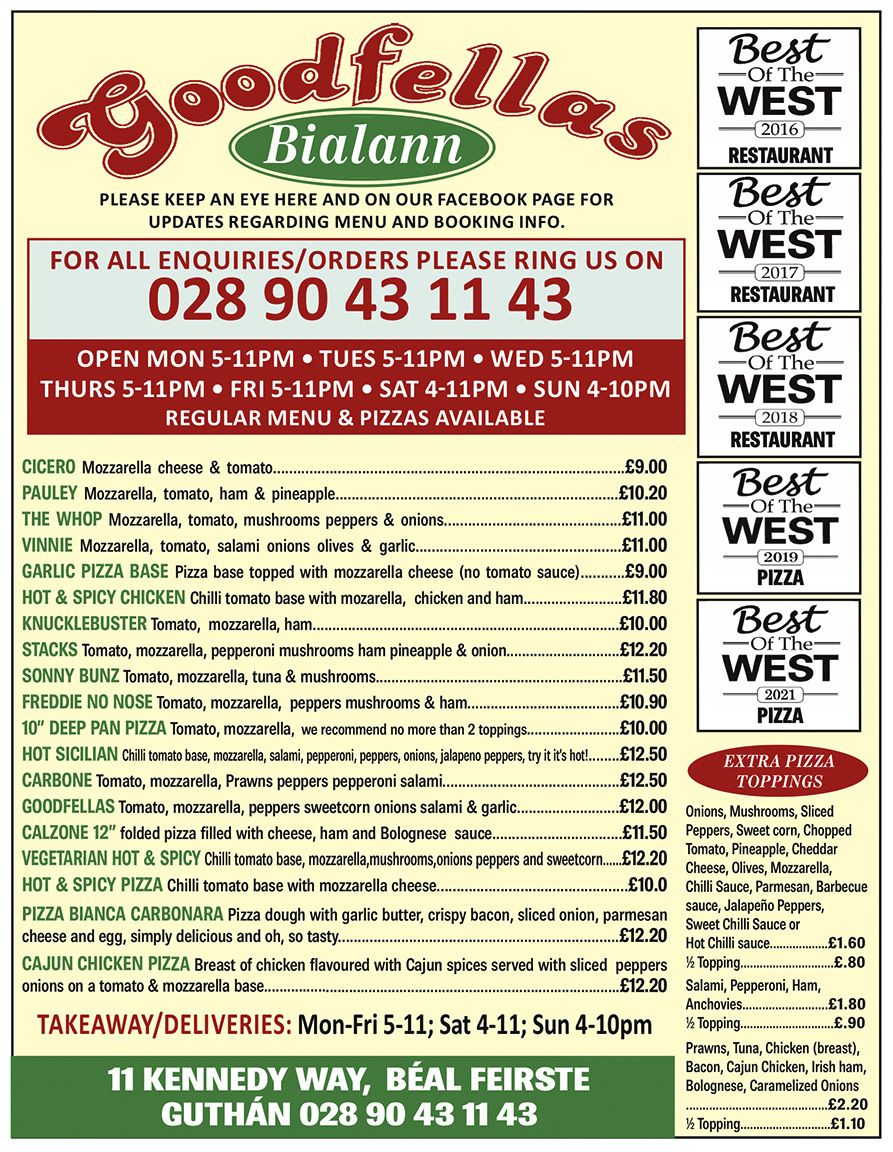Getting the balance right as society battles its way through the worst economic crisis in living memory is a priority for the Stormont Executive. Or so it tells us. Because, the evidence on the ground is that the Executive may not always deliver on its promises.
That's not just because it faces unique dilemmas inherited from our troubled past but also because the left hand often doesn’t know what the right hand is doing. Thus health is made the number one priority of all parties — though all left it far down the list when it came to picking ministries — and yet health union UNISON felt it had to take strike action for the first time in a generation because cutbacks, it says, are affecting frontline services.
Similarly, we're told that economic development is sacrosanct but, even as companies struggle to stay in business, Invest NI gifts the government back £17.5m. And despite the valiant efforts of Invest's CEO to justify that on BBC's Stephen Nolan show this week, the suspicion remains that we are failing small enterprises.
However, the biggest contradiction in economic policy comes in relation to the onerous rates imposed on small retailers and small businesses.
It's clear, judging by the numbers of closures in South Belfast of retail outlets, that the rates bills faced by merchants cannot be paid. Amazingly, the response of the tax office is to bring these retailers to court to have their businesses wound up. The result: no business, no employment and, of course, no rates going into the future.
Again this week, we have heard much discussion on lowering the corporation tax level to the rate enjoyed in the Republic of Ireland. Those arguing for such a move say it will help attract foreign direct investment and spur on local businesses who will have more profits and therefore more money to invest.
But if that logic is correct, and all our political parties and business organisations say it is, how much more correct is it to contend that if retailers paid less rates — itself a tax — then they too would have more money to invest in their businesses. In short, demand less tax but in the process encourage businesses to expand, create more jobs (AKA taxpayers) and build the economy.
What's sauce for the goose must be sauce for the gander. Finance Minister Sammy Wilson, whose review into our rates system closes to consultation this week, should step up to the plate and give small businesses the early Christmas present they deserve: a reduction in rates. For their part, those same businesses should bring the gift of more jobs and more wealth-creation.






